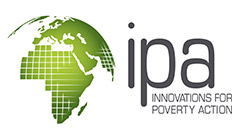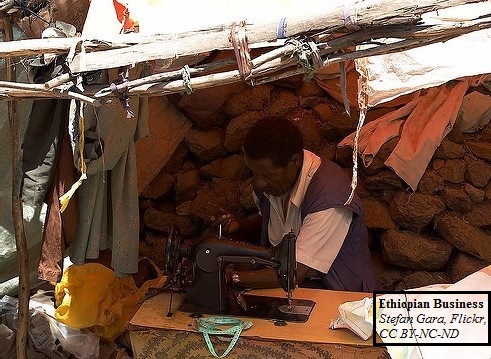It is almost axiomatic that most poor people do not want to be entrepreneurs. In addition, it is common view that stable wage work in formal firms, not informal micro and small enterprise, is the path to prosperity. But is this true? Low-wage industrial jobs can improve worker living standards if they pay premium or growing wages, but also worsen it if they carry costs or risks. Firms of different sizes could carry different costs and risks to workers. There is much speculation but little data. Do workers share in the growth provided by export-oriented industry or do the poor bear the costs of early industrialization? Is entrepreneurship and microenterprise a reasonable alternative to industrial work, and what constrains the growth of new (rather than existing) microenterprises?
From 2010-13 the researchers worked with five Ethiopian firms to randomize poor job applicants to a job offer, a grant of $300 plus business training, or a control group, receiving nothing. After one year, they saw little evidence that industrial workers share in the gains of industry. This project will resurvey the full sample 3–4 years after they were offered the jobs and grants. The survey will collect more detailed health measures, identify long term effects on occupational choice and collect longer term data on the returns to cash grants and entrepreneurial growth over time. In particular, the survey will collect data on the size and profitability of the “firms” they are running, the effect on wellbeing, and whether these firms have begun to formalize or employ others – on which there is little data elsewhere
The research will have a large impact on debates about who benefits from industrial development and export growth, as well as which human resource and social protection strategies can maximize job creation and productivity growth among firms. The results are expected to shape the debate in many governments and international organizations around the world rather than been informative for just Ethiopia.






